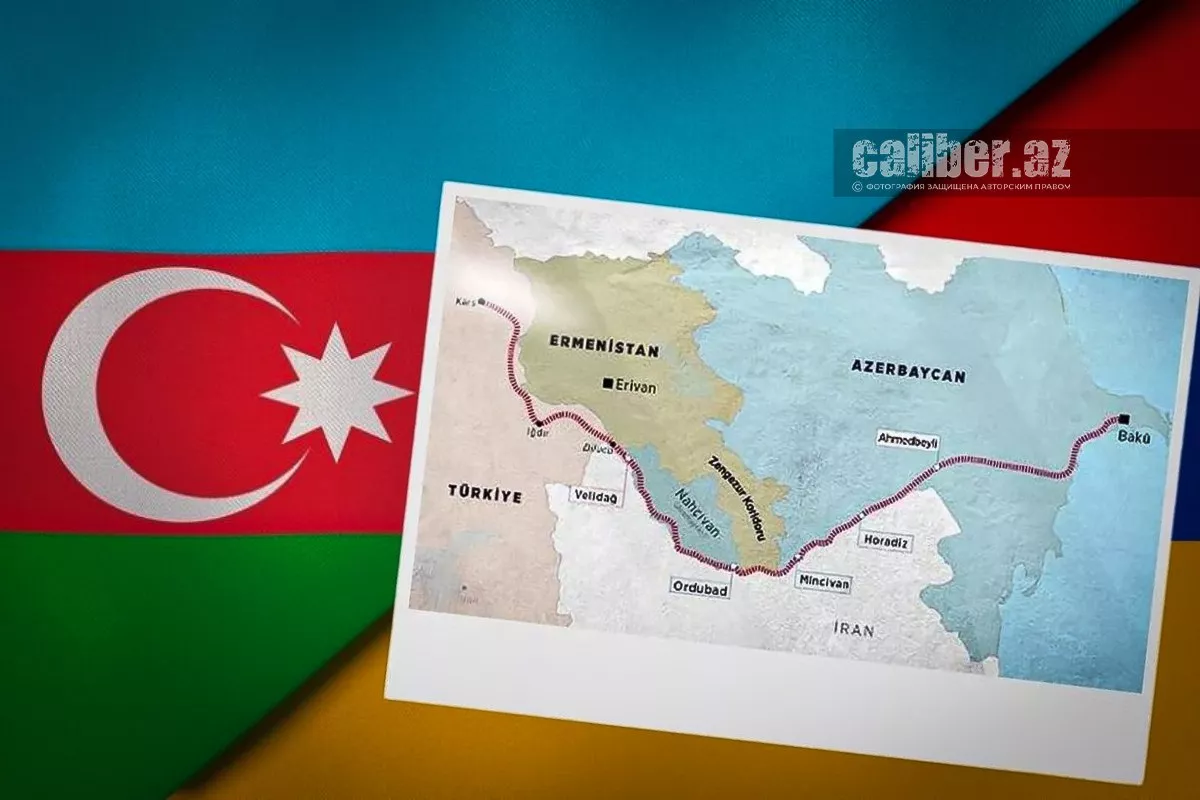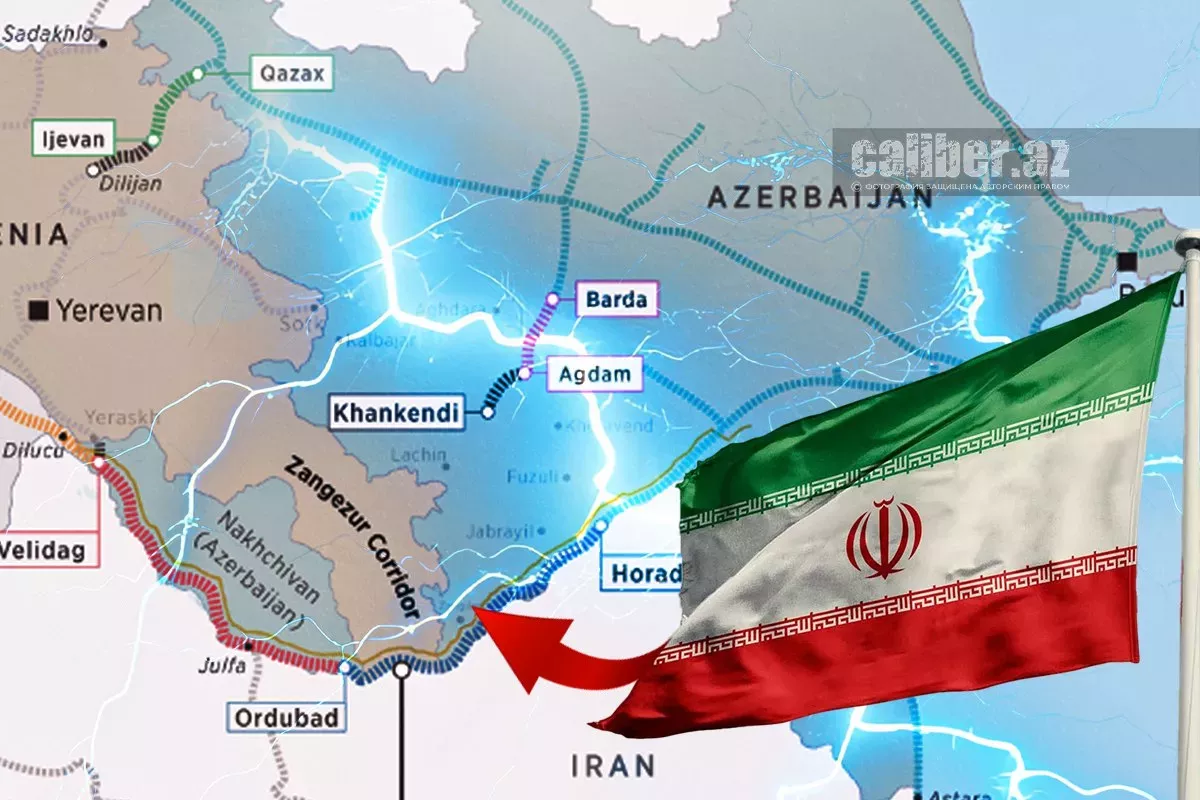Iranian diplomat’s flip on the Zangezur Corridor When “red lines” turned dotted
The grand events in China have overshadowed smaller developments, including some in our region. Yet, some of these deserve attention. One such event concerns the end of Iran's ambassador to Armenia, Mehdi Sobhani’s, diplomatic mission.
In a recent interview with Isca News, Sobhani made a monumental attempt to downplay the significance of the Washington trilateral declaration, particularly the part concerning the Zangezur corridor. “Neither the peace agreement document nor the statement signed between Armenia and Azerbaijan in Washington mentions transport routes, or anything called ‘corridor’, but only discusses the opening of transport routes that will provide Azerbaijan with access to Nakhchivan, while Armenia, in turn, will be connected by railway to Julfa in Iran.”
As the passage above shows, this effort is not about challenging the substance of the agreement itself, but rather its interpretation. In other words, simply calling a “corridor” a “route” suddenly makes it seem as if Iran has nothing to fear. And if, by chance, this route were named after Trump, then apparently there would be no problem at all—we have always supported that. One almost wants to exclaim: “Is that really you, Mehdi?” Or, perhaps: “I don’t recognise you in disguise!” As if it weren’t the same person who, in recent years, vented bitterness towards Azerbaijan, calling the establishment of a route through Zangezur a “red line” for Iran and frightening the Armenians with the prospect of disasters should any corridor agreement be reached.

The Iranian diplomat continues his verbal gymnastics in an attempt to convince himself and the Armenians that the corridor is not really a corridor, and that the Americans are “not real”: “Armenia and the United States have reached a verbal agreement, not a written one, to register an Armenian-American joint venture in Armenia, and to determine the operator and investor for the implementation of the project, which will be entirely within the framework of Armenia’s national sovereignty and jurisdiction and will be regulated by Armenia’s security agencies, passport control, and customs procedures. According to the agreement, it will be a kind of operatorship, not ownership of the route,” Sobhani said.
Yet even this seemed insufficient to him, and by the end he practically presented the declaration between Azerbaijan, Armenia, and the U.S. as a triumph of… Iranian diplomacy. According to him, the text of the declaration, the details of which are to be discussed by the two countries in the future, fully reflects the five principles desired by the Islamic Republic of Iran: “including respect for national sovereignty, respect for the integrity of borders, jurisdiction, reciprocity, and inviolability of borders, so there is no reason to worry about it.”
Translated from diplomatic Farsi into plain language, this means that now, having suffered a strategic defeat, Iran will find it too costly to oppose the will of the U.S. Therefore, the most elegant solution, in the view of the Iranian diplomat, is to pretend that defeat is actually a victory. It should be noted, however, that regarding the Zangezur corridor, Iran’s “defeat” can only be considered relative, in the context of its own hostile rhetoric toward this project. In reality, the corridor has never posed a threat to Iran’s interests. The hostility of certain Iranian circles toward the project was linked solely to their reluctance to see peace established in the South Caucasus. And now, as this peace begins to take tangible shape, the Iranian hawks are left simply to accept it, wipe their tears with a handkerchief, and, along with it, the notorious “red lines.”

Notably, Sobhani’s responses surprised not only us but also Armenian journalists; otherwise, they would not have chased him today inside the Armenian parliament building and forced him to repeat what he had said: “There is no mention of any corridor in the documents; we are talking about a road. Neither in the peace agreement nor in the text of the signed declaration is there any mention of a corridor. There will be no corridor! There will be no corridor! Nothing will happen by force!”
A kind of stream of consciousness, hardly compatible with diplomatic standards. So, will there be no corridor at all, or will it not be carved out by force?
The funniest part of this story, and not only this one, is the dissonance that arises at the intersection of the statements of Iranian hawks before and after they suffered a defeat. There is nothing disgraceful about the defeat itself—especially against such a powerful opponent as the U.S. The disgrace lies elsewhere—in how these officials kowtow to what has already been spurned. Could this really be the so-called Eastern wisdom, or the millennia-old Iranian civilisation?








